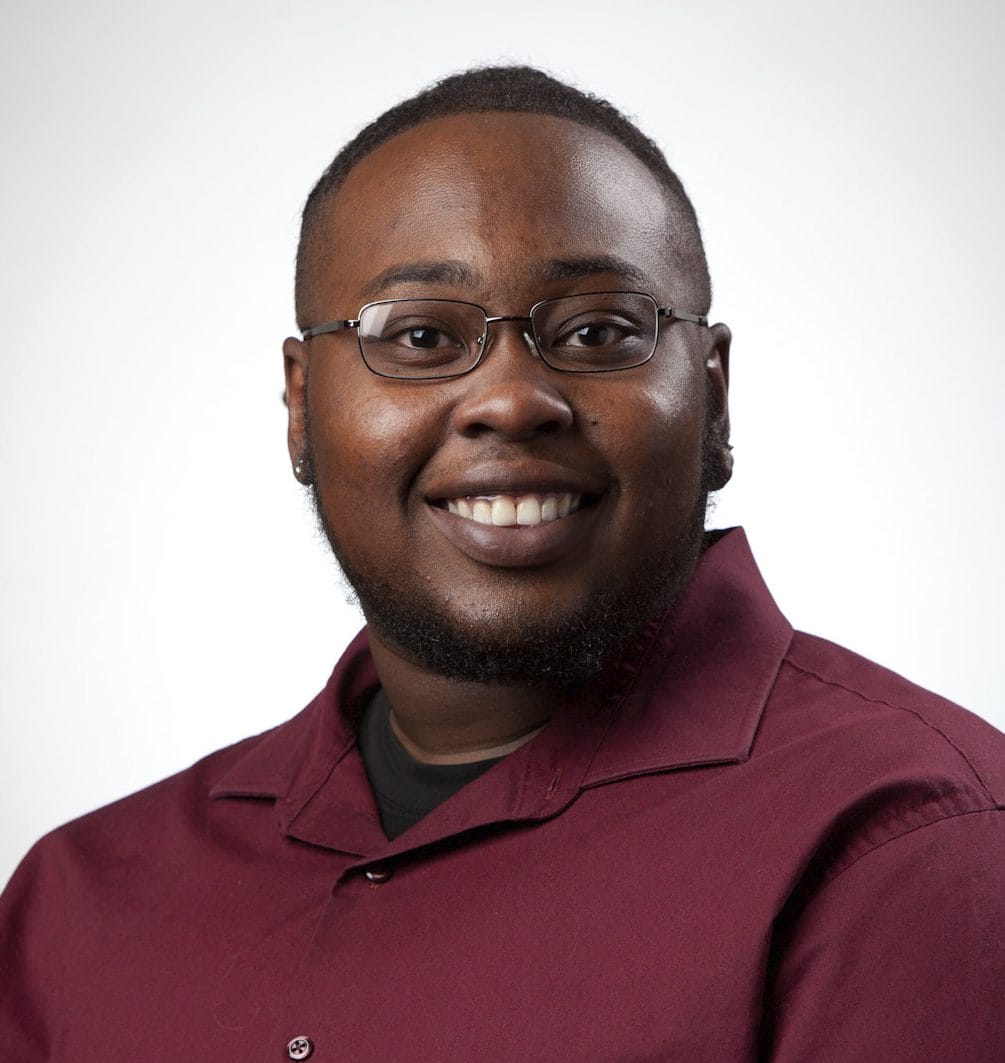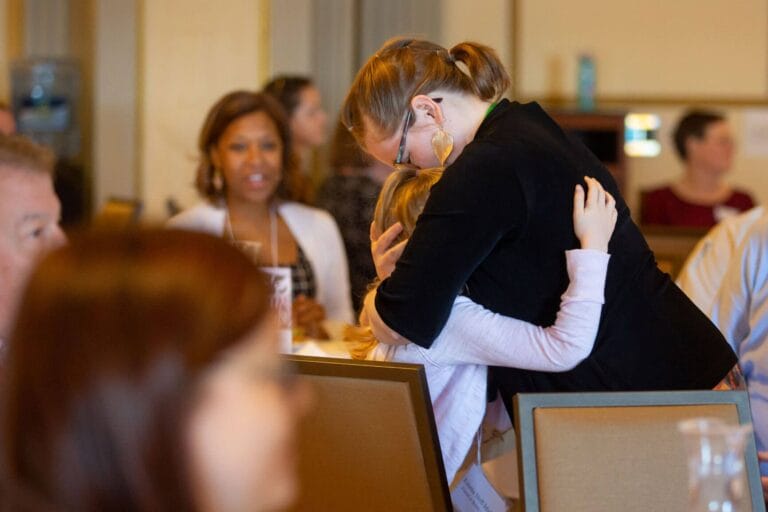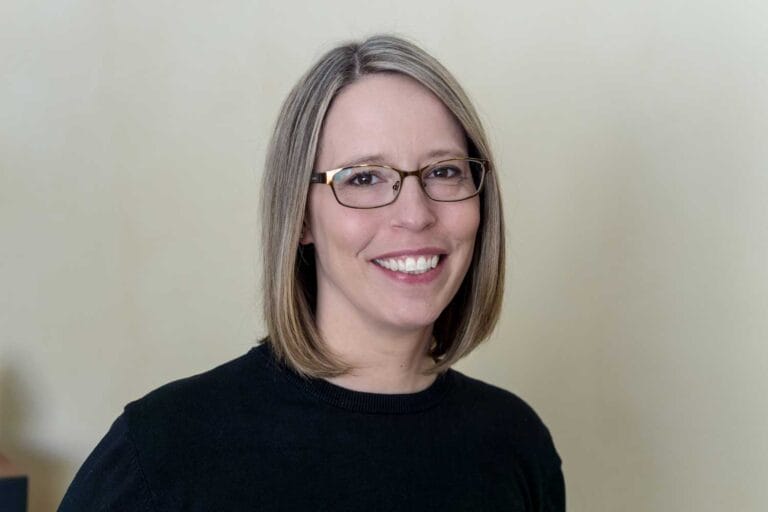
Returning students can get specialized advice
Thinking about a return to college or another academic program? Make your first stop with an educational counselor.
While most traditional students work with academic advisors to select courses and stay on track for graduation, returning adult students often require a different type of advising — one that takes a more holistic approach.

Many of the returning adult students I advise come with a full plate of personal and professional responsibilities. They have jobs and are supporting families, sometimes as single parents. They’ve actively served in the military. They are vital members of their community. In short, returning adult students have a lot going on; the prospect of taking on a degree or other academic program comes with questions about how they can make this work with their job, finances and family.
Educational counselors — whom you’ll usually find at your institution’s career center or department of continuing education — help returning adult students not only with questions about academics but finding an education program that fits their goals and circumstances. There are a few things you can do to prepare for your meeting with an educational counselor.
First, it helps to come with some ideas about your goals for pursuing additional education. Are you looking to level up your skills or move into a management position? Are you interested in changing careers or pursuing a new passion? Answers to these questions can help guide you to a variety of educational options — from courses and stackable credits to certificates and degree programs.
Second, be ready to openly and honestly discuss how much time you have to dedicate to your education as well as your current financial situation. Educational counselors can help you find programs that work with your schedule, whether it’s in-person weekend classes or a fully online degree program. They can also help you find scholarships, grants and other types of financial aid so that paying for your education doesn’t add financial strain to your personal life.
Finally, bring any unofficial transcripts from your most recent coursework — whether it’s high school, college or professional training — along with an updated resume if you have one. This will show your educational counselor your academic and professional experience, along with your strengths and areas for growth. If you have grades from previous coursework that don’t reflect your best work, an educational counselor can provide options for overcoming them and moving forward.
Our job as educational counselors is to center the student, not the school. We dig deep to determine the best fit for you, even if it’s not with our institution. There’s no harm in making an appointment, and you’ll likely come away inspired by the educational possibilities you never even knew existed.
The Lifelong Learner is a monthly feature written by UW–Madison’s Continuing Studies staff. Ace Hilliard, an educational counselor, can be reached at [email protected]. This article first appeared in the Wisconsin State Journal on September 11, 2022.
Published on Sep 14 2022
Last Updated on Jul 10 2024
Categories: Adult Career and Special Student Services, News



